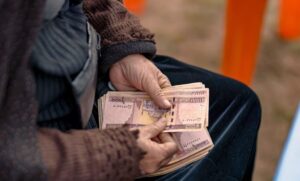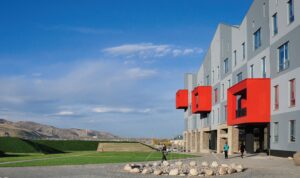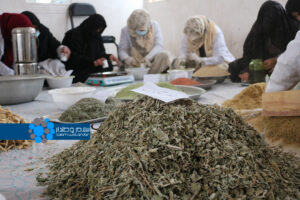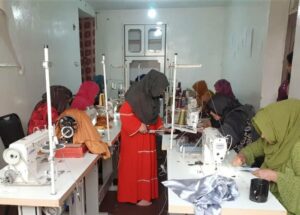KUNDUZ CITY (SW) – Farmers in Kunduz believe that alternative break crops are boosting yields and this practice has helped them improve farming practice in the province.
45-year-old Abdul Khaliq, who learned farming from his father, says that repeated planting of agricultural products causes a decrease in yields and an increase in pests. He adds: “If we plant one crop every year, the land will not yield properly. We have to plant differently; plant cotton or beans; the directorate of agriculture has also taught me this lesson.”
Nazar Mohammad, another local farmer, highlights the challenges of monoculture, saying that most farmers switch crops each season to ensure better harvests. He adds, “Replanting wheat on the same land yields poor results. For example, if a crop does not work, we plant another. Growing the same crop year after year is not beneficial.”
In Kunduz, northeast, known as the “granary of Afghanistan” due to its fertile lands, over 90% of farmers now practice crop rotation, according to local agricultural officials. The region’s main crops include wheat, rice, melons, and watermelons.
Representative from the Directorate of Agriculture, Irrigation, and Livestock of Kunduz Abdul Basir Faqiri, says that they have organized trainings to increase the knowledge of farmers and to observe the agricultural rotation.
He further underscores the importance of crop rotation, adding, “Crop rotation is valuable. If a farmer does not follow the crop rotation and plants the same crop in a row, it will reduce the yield and increase the spread of pests in the field.”
Faridullah, an agricultural expert, points out that crop rotation not only boosts yields but also reduces weeds, pests, and the need for chemical fertilizers.
ENDS






